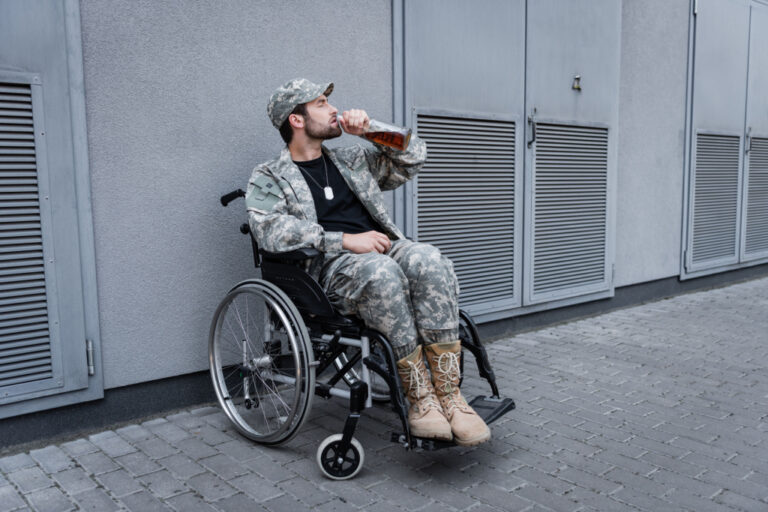A legal term that has been thrown around recently with some regularity thanks to national news stories is the term “standing.” In the world of court cases and lawsuits, an injured party must have standing if they want to file a case and seek damages against another party. If the plaintiff does not have standing, then a court will dismiss the lawsuit without even considering its merits.
This is true for medical malpractice cases filed against a VA facility or provider. If the person bringing the lawsuit does not have standing, then the courts will not consider the case. Fortunately, the group of people who may have standing in such a lawsuit is larger than you might think.

The Key to Standing is an Injury
In order to have standing, you must generally have suffered or be on the verge of suffering a cognizable injury. You cannot be in fear of some speculative injury: you must have either been hurt, sustained some loss, or be in jeopardy of such a loss, to have standing. For example, if you are a veteran and you receive deficient care at a VA hospital, you have suffered a cognizable injury and have standing to bring a medical malpractice lawsuit.
However, suppose that you have an appointment with a VA doctor who has received negative reviews. You fear that you might be hurt by an act of malpractice committed by this doctor. At this stage, you have not suffered an injury that would confer standing upon you.
The List of Possible Plaintiffs
So, the people who have standing to bring a VA medical malpractice lawsuit includes people who have suffered an injury. The list includes, obviously, a veteran who is hurt in a VA hospital, VA facility, or injured by a VA provider. But this list can also include:
Family Members of the Veteran
Because family members of veterans can access VA healthcare and mental health services and providers, family members can also be plaintiffs in a medical malpractice suit against the VA. If your loved one received negligent care from the VA, then that family member will likely have their own legal right to bring a medical malpractice lawsuit.
Any Person Appointed by the Court to Act for a Veteran
A family member, friend, or any other person may also be able to bring a VA lawsuit on behalf of an injured or deceased veteran. Injured veterans who are deemed incompetent by a probate court may have a guardian appointed over them.
If a veteran dies, a personal representative (either an executor or administrator) will be appointed by the court. If the deceased veteran had a claim against the VA for malpractice, then this person appointed by the court would have standing to bring a lawsuit on behalf of the veteran.
Confused About Standing? Get Help from Veterans Law Attorneys
If you are an injured veteran, or a family member, reach out to us at Veterans Law Attorneys. Contact us or call us at (866) 894-9773, and we’ll determine whether you have the ability to sue the VA for malpractice.






